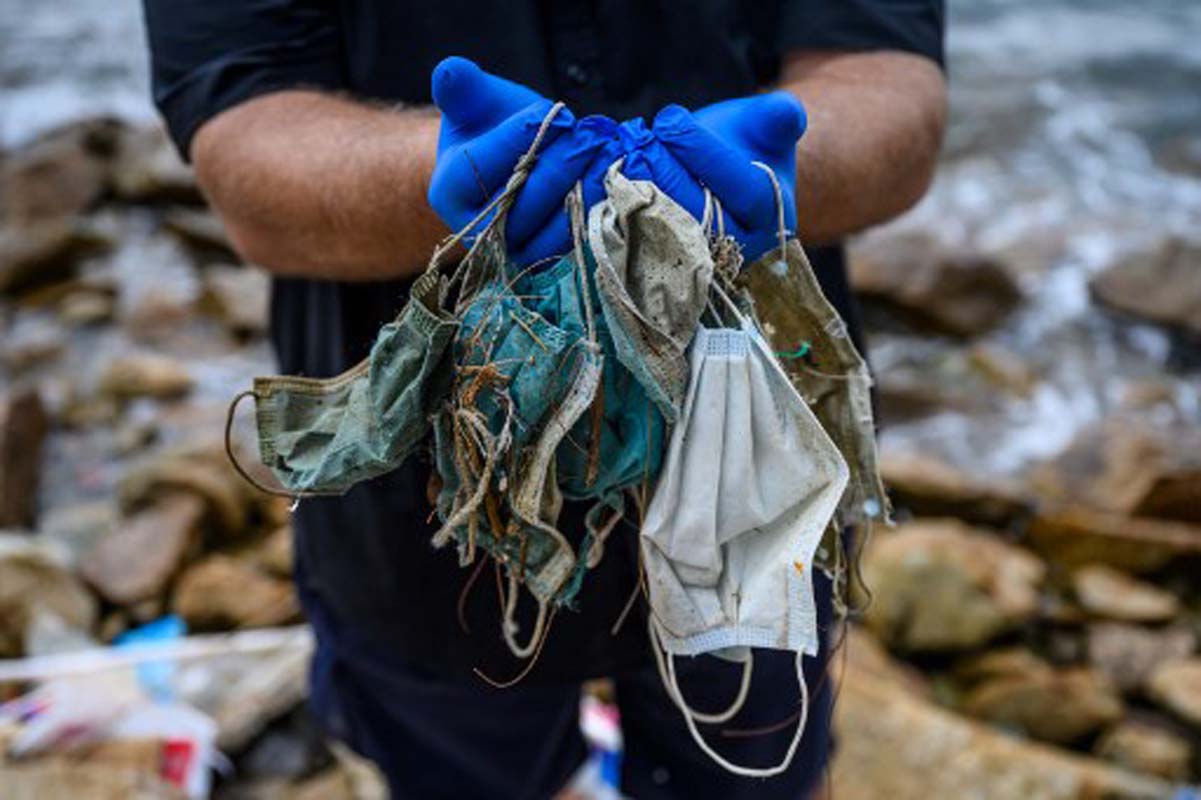
403
Sorry!!
Error! We're sorry, but the page you were looking for doesn't exist.
Greenpeace says microplastic particles detected in waste samples from Hong Kong wildlife
(MENAFN) A Greenpeace study released Monday revealed that microplastic particles were detected in the majority of waste samples collected from wildlife in Hong Kong, indicating that animals in both urban and rural areas are ingesting plastics. This finding underscores the pervasive nature of plastic pollution, which has now been identified in some of the most remote and pristine environments, from the deepest ocean trenches to the highest mountain peaks, and even in human breastmilk.
The study, conducted with researchers from local and Taiwanese universities, analyzed 100 fecal samples from various wildlife species, including buffalo, boars, wild cattle, macaques, and porcupines, collected from seven locations in Hong Kong in 2022. It found that 85 percent of these samples contained microplastics. Christelle Not of the University of Hong Kong emphasized that this research highlights the issue of plastic ingestion in wildlife beyond urban areas, underscoring the urgent need for a global response to plastic pollution. She called for the establishment of a robust international plastic treaty to meet reduction targets.
The Greenpeace study identified polyethylene and polypropylene as the most common types of microplastics in the samples. These materials are typically found in single-use packaging, takeaway containers, and disposable utensils. During a recent visit to the Pui O River on Hong Kong’s Lantau Island, researchers observed buffalo bathing in a stream close to areas littered with plastic waste, illustrating the proximity of wildlife to plastic pollution.
Greenpeace campaigner Leanne Tam highlighted the potential risks of microplastics entering the food chain, noting that if animals ingest these particles, they could affect ecological systems and ultimately human health. Despite growing awareness of plastic pollution’s impact, the specific health effects of microplastic particles remain largely unknown.
Hong Kong, with a population of 7.5 million, generates over 2,300 tonnes of plastic waste daily, according to the government’s 2022 waste report. In response, the city implemented a ban on polystyrene utensils in restaurants in April, covering both dine-in and takeaway services. However, Greenpeace pointed out that a comprehensive ban addressing a broader range of plastic materials used by businesses is still pending, lacking a definitive timetable for implementation.
The study, conducted with researchers from local and Taiwanese universities, analyzed 100 fecal samples from various wildlife species, including buffalo, boars, wild cattle, macaques, and porcupines, collected from seven locations in Hong Kong in 2022. It found that 85 percent of these samples contained microplastics. Christelle Not of the University of Hong Kong emphasized that this research highlights the issue of plastic ingestion in wildlife beyond urban areas, underscoring the urgent need for a global response to plastic pollution. She called for the establishment of a robust international plastic treaty to meet reduction targets.
The Greenpeace study identified polyethylene and polypropylene as the most common types of microplastics in the samples. These materials are typically found in single-use packaging, takeaway containers, and disposable utensils. During a recent visit to the Pui O River on Hong Kong’s Lantau Island, researchers observed buffalo bathing in a stream close to areas littered with plastic waste, illustrating the proximity of wildlife to plastic pollution.
Greenpeace campaigner Leanne Tam highlighted the potential risks of microplastics entering the food chain, noting that if animals ingest these particles, they could affect ecological systems and ultimately human health. Despite growing awareness of plastic pollution’s impact, the specific health effects of microplastic particles remain largely unknown.
Hong Kong, with a population of 7.5 million, generates over 2,300 tonnes of plastic waste daily, according to the government’s 2022 waste report. In response, the city implemented a ban on polystyrene utensils in restaurants in April, covering both dine-in and takeaway services. However, Greenpeace pointed out that a comprehensive ban addressing a broader range of plastic materials used by businesses is still pending, lacking a definitive timetable for implementation.

Legal Disclaimer:
MENAFN provides the
information “as is” without warranty of any kind. We do not accept
any responsibility or liability for the accuracy, content, images,
videos, licenses, completeness, legality, or reliability of the information
contained in this article. If you have any complaints or copyright
issues related to this article, kindly contact the provider above.


















Comments
No comment